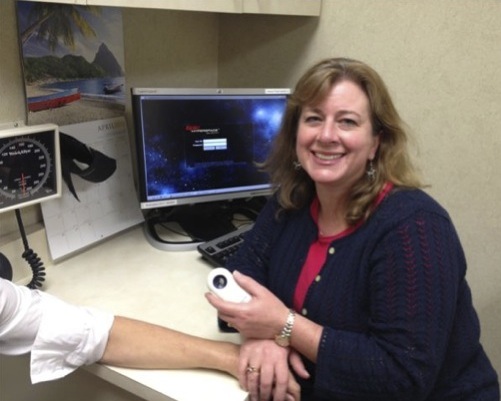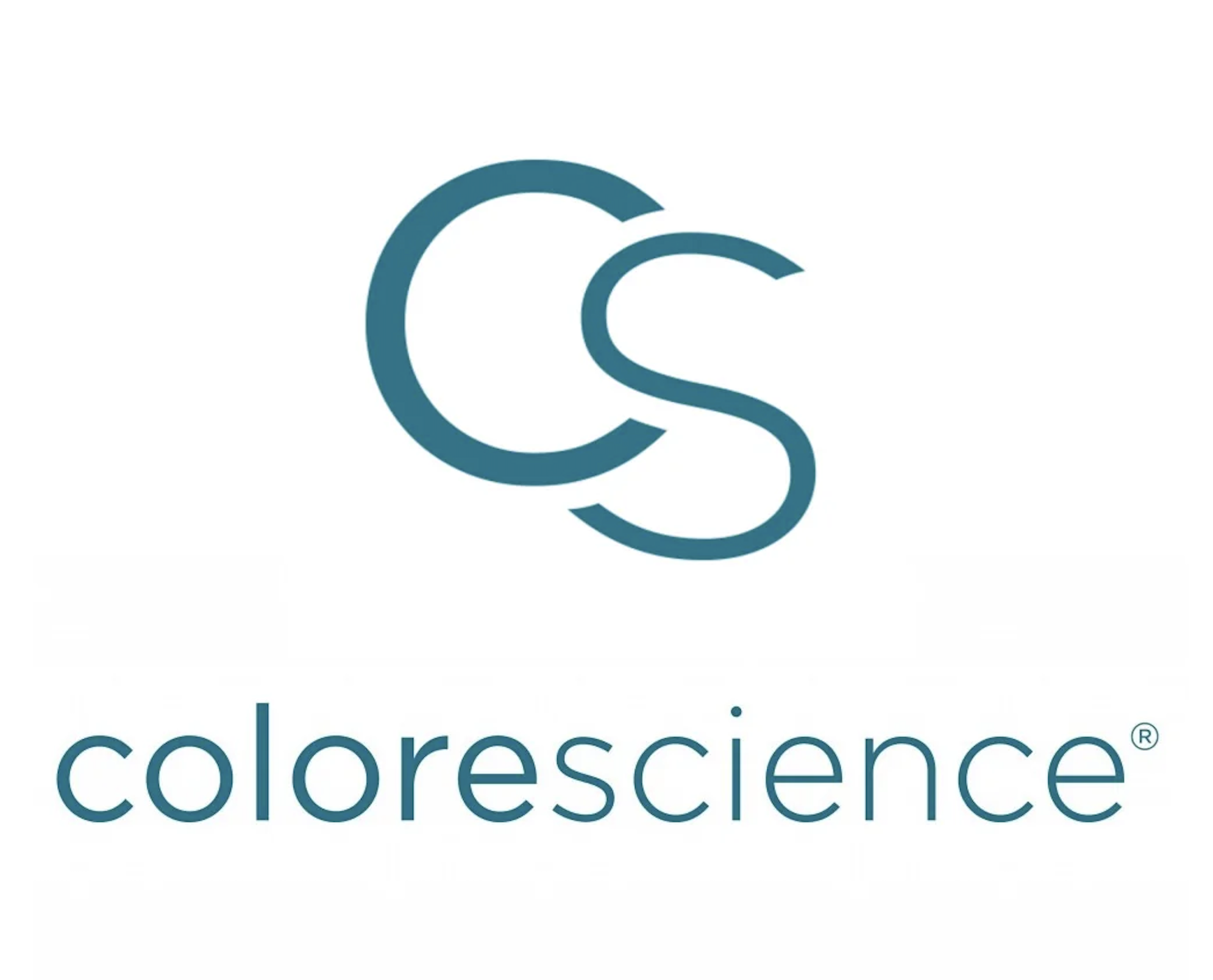Skin Cancer
Skin Cancer Screening
Our physicians diagnose and treat a wide range of conditions such as skin cancer, acne, rosacea, psoriasis, eczema, warts, rashes, moles and more. We offer full body skin exams for skin cancer screenings and diagnose and treat most skin conditions. We’re dedicated to effectively treating your skin conditions and helping you look and feel your best.
Skin Cancer on the Body
Early detection of skin cancer is critical to successful treatment. Melanoma is almost always curable when found in its very early stages. Although melanoma accounts for only a small percentage of skin cancer, it causes most skin cancer deaths. The most important warning sign for skin cancer is a new spot on the skin or a spot that is changing in size, shape or color.
Our physicians perform full body skin exams for skin cancer screenings and evaluate spots on the skin that are changing or look suspicious. Use the ABCDE rule as a guide to the signs of melanoma and tell your doctor about spots that have any of the following:
- A for Asymmetry: One half of a mole or birthmark does not match the other.
- B for Border: The edges are irregular, ragged, notched or blurred.
- C for Color: The color is not the same all over and may include shades of brown or black.
- D for Diameter: The spot is larger than 6 millimeters across (about 1/4 inch or the size of a pencil eraser)
- E for Evolving: The mole is changing in size, shape or color.
Reduce your risk of skin cancer by:
- Staying out of the sun during the midday hours (10 a.m. to 4 p.m.).
- Wearing protective clothing like a hat with a brim to shade your ears and neck, a shirt with sleeves to cover your shoulders, and pants.
- Using a sun shield daily that has a physical block of zinc oxide and/or titanium dioxide as well as an SPF of at least 40 that protects against both types of ultraviolet radiation in the sun’s rays – UVA and UVB.
- Avoiding sunbathing and tanning salons. Studies suggest that your risk of skin cancer increases by 75 percent if you start using artificial tanning before you are 30 years old.
To learn more, visit cancer.org

Teresa Wrobbel, MD, performs a skin cancer screening at Stellis Health – Medical Skin Care Center.


